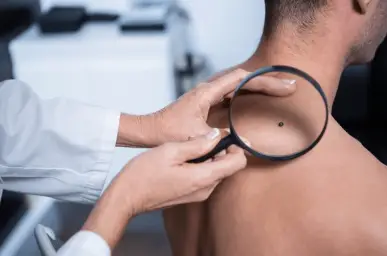
Did you know?
- Australia and New Zealand report the highest incidence of skin cancer worldwide.
- Melanoma is the leading cause of cancer-related deaths among individuals aged 15 to 44,
and it ranks as the third most commonly diagnosed cancer in Australia.
For more info, click here: https://aspiremed.com.au/skin-clinic/